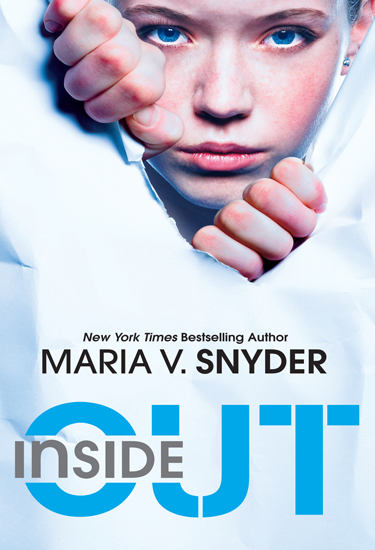The winter of my discontent, or the Dystopia Challenge as it's also known, officially ends today. In the last three months millions have been squished, nuked, plagued, prettied, robotified, starved, dismembered, persecuted, vilified and petrified. And I've loved every turn of the page.

The Germans call it
schadenfreude: taking delight in other people's misfortune. I prefer to call it Being Prepared for the Imminent Apocalypse ... with just a touch of morbid curiosity.
Thank you to everyone who read and commented on my reviews and made book suggestions, and to all my lovely followers who've found their way here since I started this blog in May. You all have a place in my fallout shelter. It doubles as a zombie-proof fort and a half-way house for persecuted psychics with mad cats.

But it's not QUITE over yet: I've still to post a review of
Skinned which I hope to do tomorrow, and I'll be getting stuck into
The Ask and the Answer straight away. So never fear, there'll still be plenty of dystopia-lovin' going on around here. There's at least a hundred dystopian works that I'm still chomping at the bit to read, and new ones appearing every day. Highly anticipated in 2010 are
The Line by Teri Hall and
Inside Out by Maria V. Snyder.
I also plan to have a proper debriefing this week. Which books I loved, which books I learned from, which books made me shed a tear and which make me fear for the human race.
But onto the next challenge! RIP IV, hosted by
Stainless Steel Droppings which begins tomorrow. How's that for seamless blogging? I've decided on four very diverse titles that I'll read between now and Halloween for Peril the First. They are:
1.
World War Z, Max Brooks. How could a Halloween challenge be complete without zombies? (Happy Zombie Appreciation Week!)
2.
The Thirteenth Tale, Diane Setterfield. Ghosties! Ghost are nigh on guaranteed to give me the willies. Multiple people recommended this one to me when I put my first RIP IV post up.
3.
The Strange Power, first in L. J. Smith's Dark Visions Trilogy. I read one of these books back in the day and I remember it being a lot darker than her usual stuff. This series is shortly to be rereleased so I thought I kick off the swathe of reviews we're about to see.
4.
Monster by Christopher Pike. Teen horror! This is a
Book Smugglers recommendation.
Ana read and reviewed it after Thea's constant praising became too much for her. Thea has a stronger stomach than me, but if Ana can read it, so can I. I devoured all the
Last Vampire books as a teen so it's about time I tried some more Pike.
Nearly 180 bloggers have already signed up and this challenge promises to be huge.
Finally, I bid you a dystopic good morrow with this:
How to Survive a Nuclear Blast
1. DO NOT look at the flash.
2. Protect yourself from flying debris. 1950s refrigerators are apparently good for this, but aren't known for containing a great deal of oxygen.
3. Run into the wind. The spread of fallout depends on which way the wind is blowing. It that's impossible, head for higher ground. Better yet, go underground.
4. Decontaminate. Soap and water is sufficient, and brush down clothing.
5. Wait for rescue. Depending on whether it was a localised or full-blown apocalyptic event, help will be coming soon or never. Avoid men who have bullet holes in their radiation suits but are unharmed themselves.
6. Live in Melbourne. If you happen to live in Melbourne it's perfectly acceptable to frolic on the beach like you've never even heard of the northern hemisphere. Keep the suicide pills handy, ignore all radio transmissions from San Diego and have a jolly good time.















